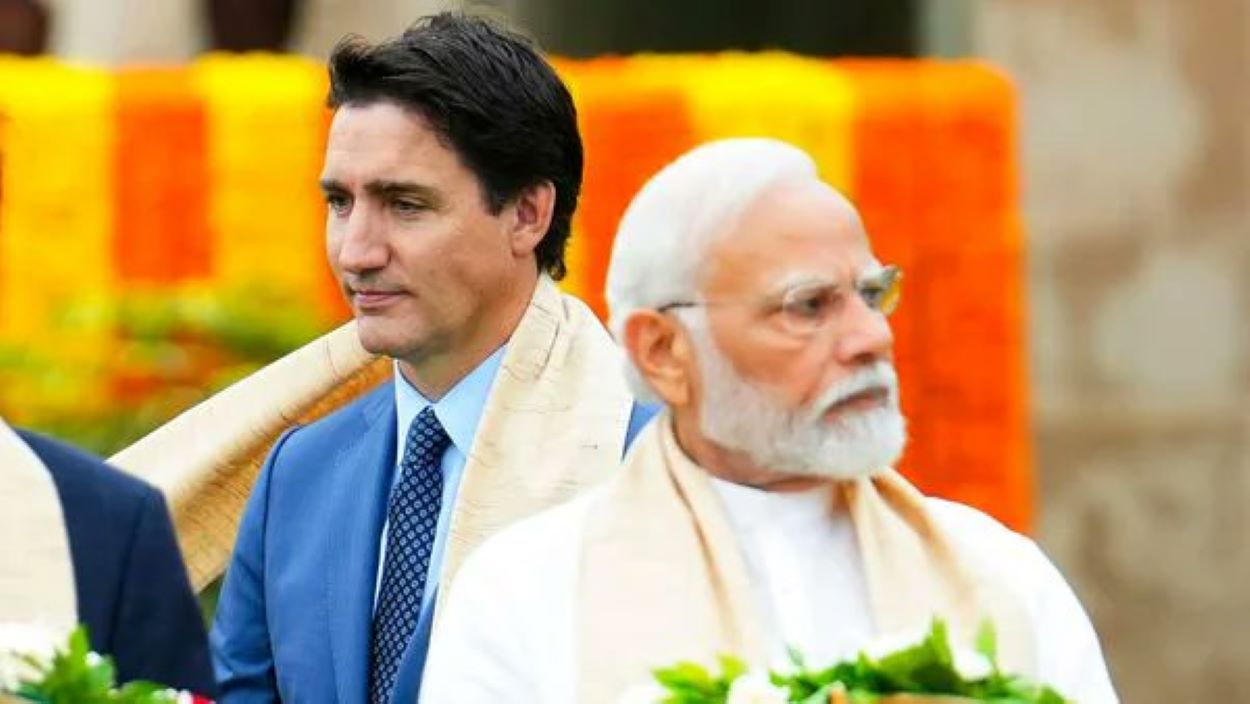Canada’s Prime Minister Justin Trudeau stated there were “clear indications” that India was violating Canadian sovereignty. This announcement intensified the diplomatic conflict sparked by the assassination of a Sikh separatist in Canada, which Ottawa attributes to New Delhi.
The situation escalated with both nations expelling each other’s ambassadors. This followed allegations by Ottawa of India’s extensive involvement in campaigns against Sikh separatists, surpassing prior incidents.
The tensions stem from Canada’s accusation of the Indian government’s role in the 2022 murder of Hardeep Singh Nijjar, a Sikh separatist advocate, outside a Sikh temple. Nijjar, a Canadian citizen since 2015, had been advocating for Khalistan, a separate Sikh state.
During a hearing on foreign interference, Trudeau elaborated on the murder and a broader campaign by Indian representatives targeting Canadian citizens.
Trudeau revealed that the Royal Canadian Mounted Police had found evidence of the Indian government’s involvement in enabling and directing violence toward Canadians.
When Canada presented these findings to India, Trudeau noted that India not only intensified its attacks against the Canadian government but also unjustly expelled numerous Canadian diplomats.
At the inquiry, Trudeau emphasized his reluctance to confront India, a major trading partner, but affirmed his commitment to defending Canadian sovereignty.
Four Indian nationals were arrested for their involvement in Nijjar’s murder in Vancouver in June 2023.
India dismissed the allegations as “preposterous,” accusing Canada of using them for political gains. Following the incident, India limited visas for Canadians and compelled Ottawa to withdraw diplomats, with threats of further measures continuing.






